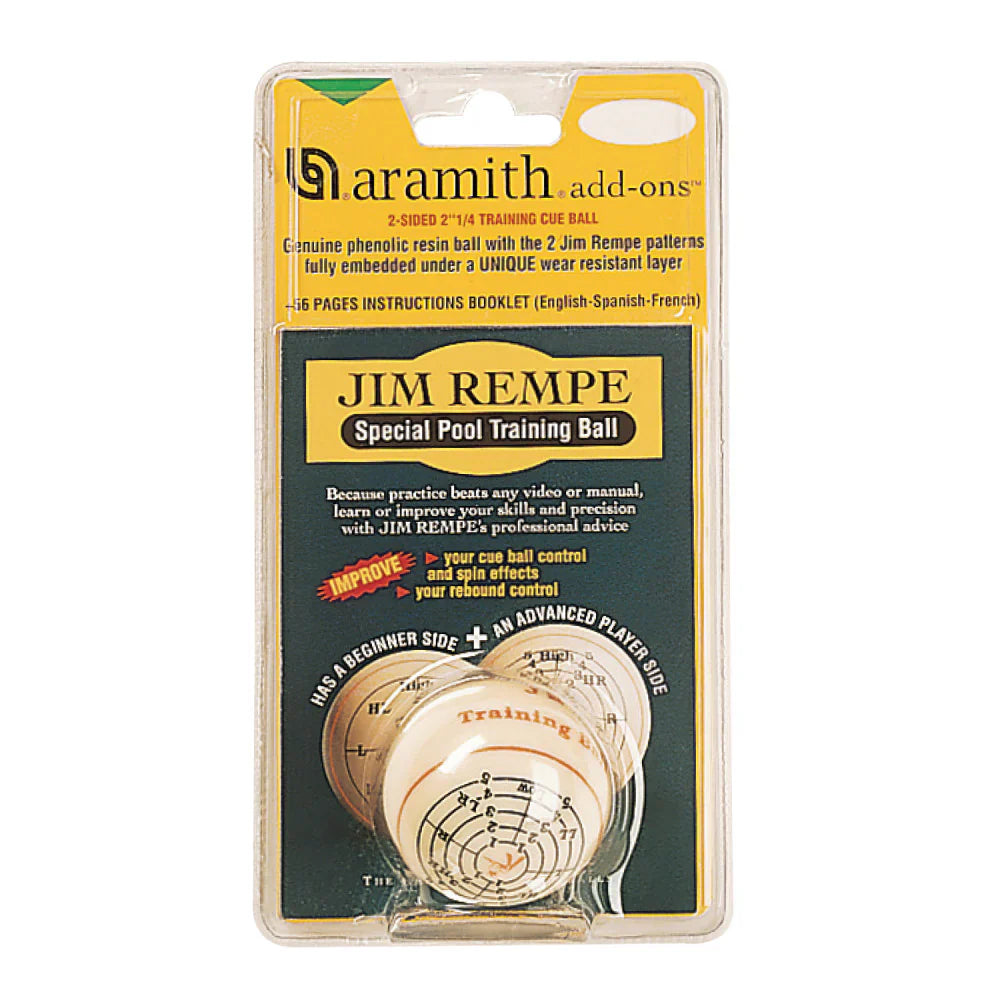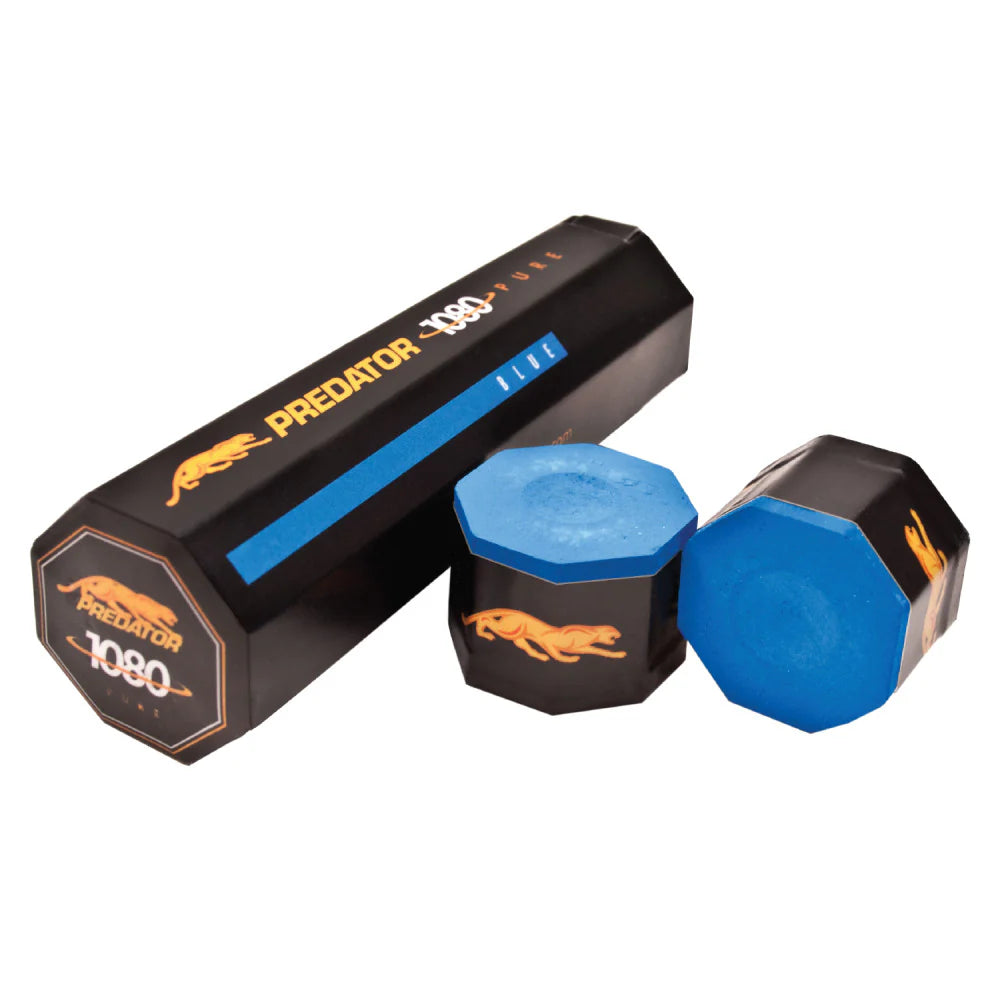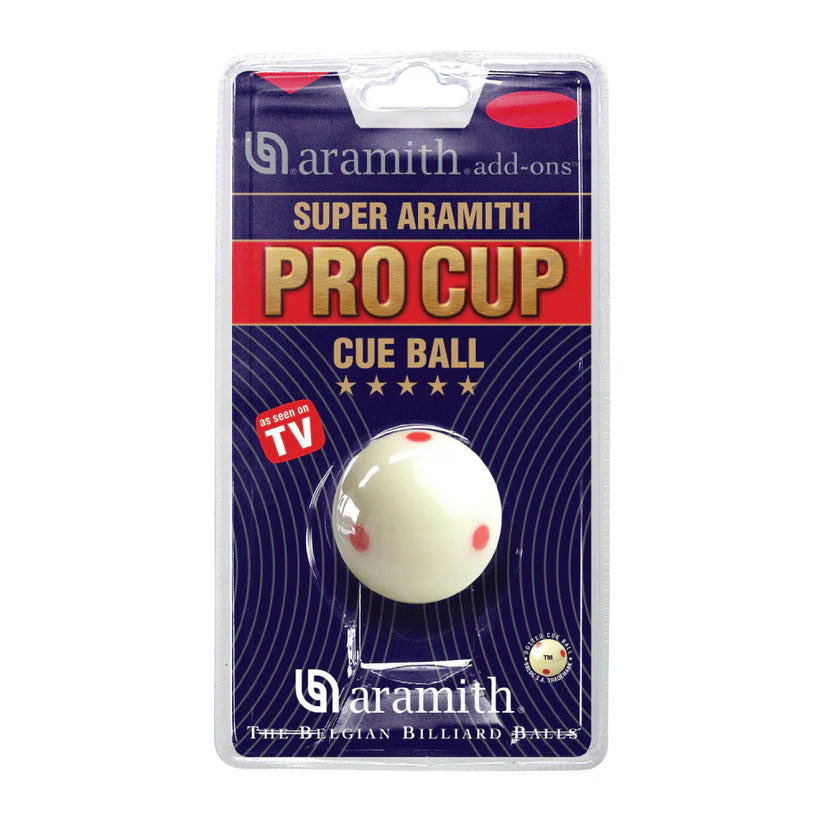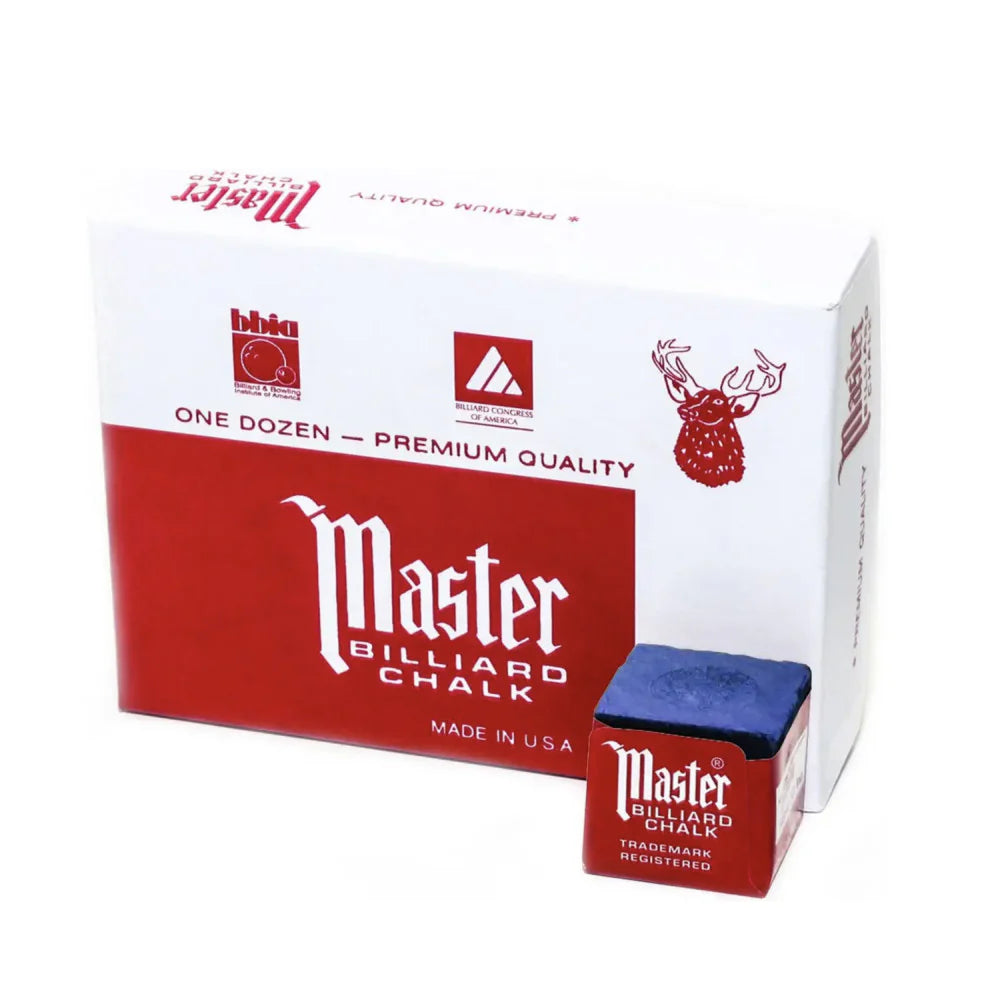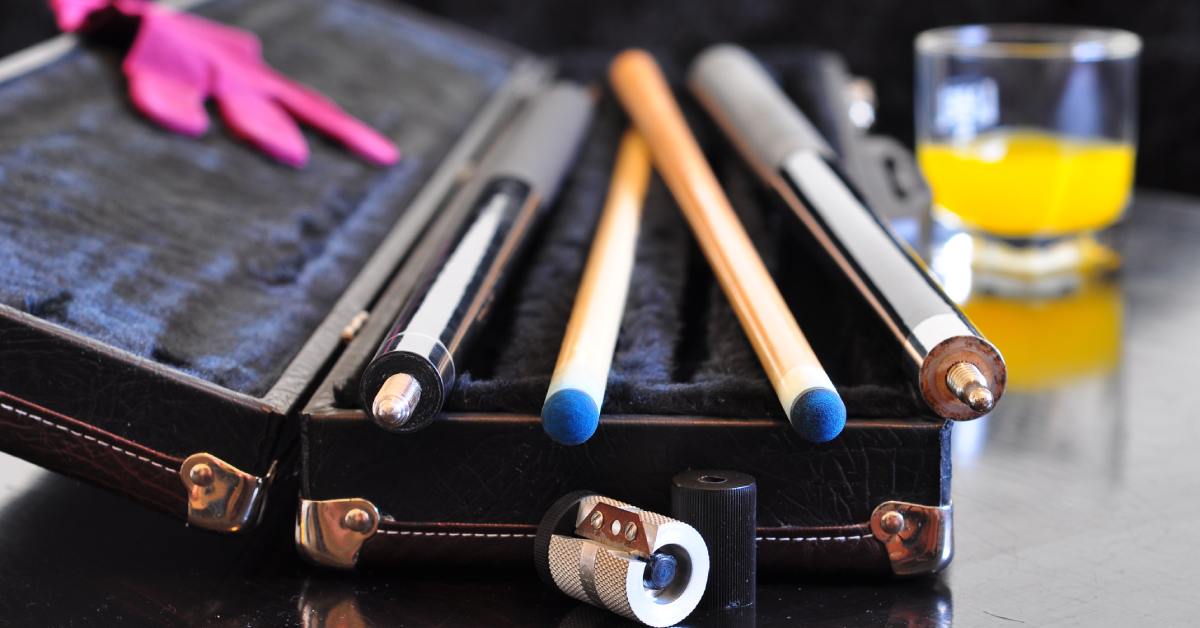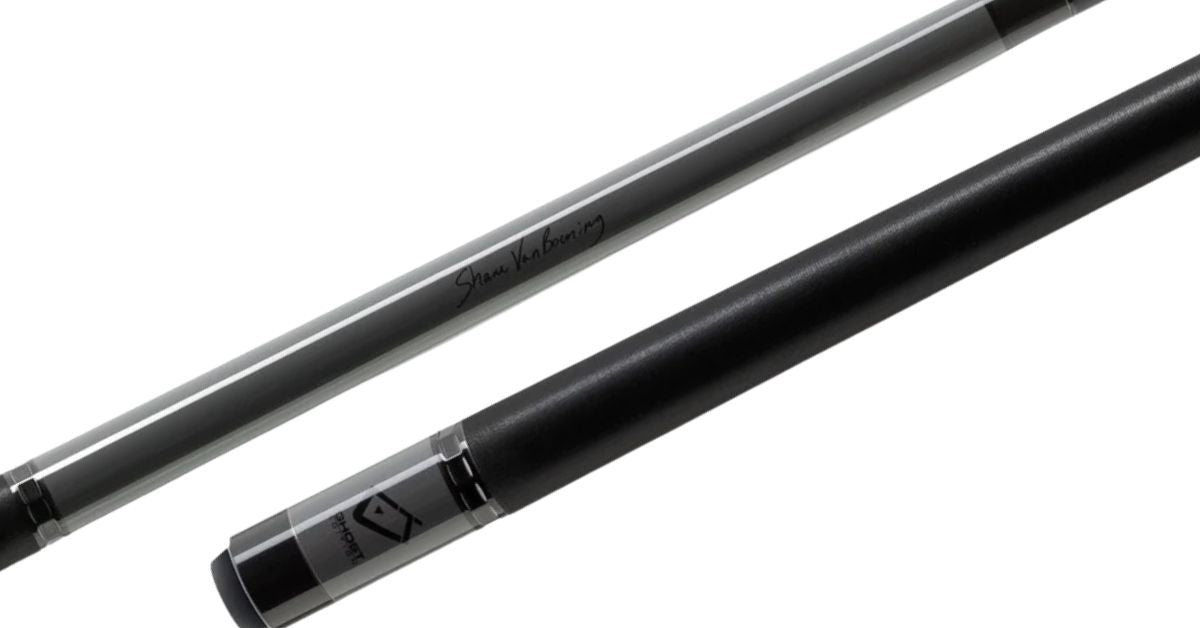As you start taking pool more seriously, you quickly realize that your cue is more than just a piece of wood—it’s a precision instrument. Just like a musician protects their guitar or a photographer safeguards their camera, you need to protect your investment. A high-quality pool cue case will be your key to keeping your cue safe from damage, maintaining its performance, and making it easy to transport to your next match.
However, choosing the right case for you isn’t easy. The process can feel overwhelming with so many options available. Don’t worry, though, we’re here to help. This guide will walk you through everything you need to know to select the perfect case for your needs. That way, you can ensure your cue remains in top condition for every game.
Types of Pool Cue Cases
Before you start shopping, it’s helpful to understand the main types of cases available. Each offers a different level of protection and portability, catering to various player needs and preferences.
Hard Cases
Hard cases offer the ultimate protection. Constructed from rigid materials like reinforced plastic or aluminum, they create a durable shell that shields your cues from impacts, drops, and pressure. These cases are ideal for serious players who travel frequently to tournaments or league nights, as they provide maximum security against the rigors of transit. Inside, they typically feature molded, padded interiors that keep everything snug and secure.
Soft Cases

Soft cases, often made from materials like vinyl, nylon, or leather, are a lightweight and more flexible option. They are generally more affordable and easier to carry than hard cases, making them an excellent choice for casual players who primarily play at a local hall or a friend’s house. While they don’t offer the same level of impact protection as hard cases, they do a good job of preventing scratches and dings during basic transport.
Hybrid Cases
Hybrid cases provide a balance between the robust protection of a hard case and the lightweight portability of a soft case. They often feature a reinforced shell or a semi-rigid exterior combined with softer, more flexible materials. This design offers excellent protection against everyday bumps and jostles while remaining relatively easy to carry. For players who want more than a soft case but find a hard case too cumbersome, a hybrid is the perfect middle ground.
Things To Look For When Shopping
Now that you’re familiar with the different types, let’s explore the seven key factors to consider when choosing your pool cue case. Paying attention to these details will ensure you find a case that not only protects your gear but also fits your lifestyle.
1. Material and Durability
The material of a case is directly linked to its durability and the level of protection it offers. Common materials include leather, vinyl, and nylon. Leather cases are a premium option, known for their classic look and exceptional longevity. Vinyl offers a similar appearance to leather but at a more affordable price point. Nylon is a lightweight and resilient synthetic fabric that provides great durability for its weight.
Outside of that, a crucial feature to look for is water resistance. A case that resists moisture will protect your wooden cues from the warping and damage that humidity can cause, giving you added peace of mind.
2. Size and Capacity

One of the most important considerations is the case’s capacity. You need a case that can comfortably hold all your equipment. Pool cue cases are often described by the number of butts and shafts they can carry (e.g., 2x4 means two butts and four shafts).
If you only have one playing cue, a simple 1x1 case might suffice. However, if you have a separate breaking cue or multiple shafts, you’ll need a larger case. Some cases that can hold multiple cues even come with a kickstand for easy access to each of them. Also, think about storage for your accessories. Look for cases with pockets to hold chalk, tip tools, gloves, and other small items you need for a game.
3. Interior Padding and Protection
The inside of the case is just as important as the outside. Quality padding is essential to prevent your cues from getting scratched, dented, or warped. The best cases feature thick foam or soft fabric lining that cradles your cues securely.
Look for models with individual padded tubes or dividers for each butt and shaft. This separation prevents them from knocking against each other during transport. Some high-end cases also incorporate shock-absorbing materials, providing an additional layer of protection against accidental drops.
4. Portability and Comfort
You’ll be carrying your case around, so it needs to be comfortable. Consider the handle and strap options. A sturdy, well-padded handle is a must. For carrying over longer distances, an adjustable shoulder strap is incredibly useful. Some larger cases even come with backpack-style straps, which distribute the weight evenly and make them much easier to carry.
Also, pay attention to the overall weight of the case when empty. A lighter case will be more comfortable to manage, especially once you’ve loaded it up with your cues and accessories.
5. Style and Aesthetics
While function is paramount, there’s no reason your case can’t look good. Pool cue cases come in a huge variety of designs, colors, and finishes. You can find something that matches your personal style, whether you prefer a classic, sophisticated look or something bold and modern.
Some brands even offer customization options, allowing you to create a truly unique case. Remember to find a balance; a stylish case is a huge plus, but it should never come at the expense of protection and functionality.
6. Price and Budget
Pool cue cases are available at a wide range of price points. Soft cases are typically the most affordable, while premium leather or custom hard cases can be a significant investment.
Set a realistic budget before you start shopping, but be prepared to invest in quality. A cheap case might save you money initially, but it could cost you more in the long run if it fails to protect your valuable cues. Look for a case that offers the best value—durable materials, solid construction, and the features you need—within your price range.
7. Brand Reputation and Reviews
Finally, consider the brand’s reputation. Established brands with a history of producing high-quality billiard equipment are generally a safe bet. Be sure to shop with trusted suppliers of pool cue cases to ensure you get one from a brand that produces quality products.
No matter what, before making a final decision, take some time to read customer reviews and ratings for the cases you’re considering. Real-world feedback from other players can provide invaluable insight into a case’s durability, functionality, and overall quality. Brands known for their excellent craftsmanship and customer satisfaction are always a great place to start your search.

